A Summer in Climate-Tech (LiA Reflection)

In the heart of Central London, a few meters away from the London Eye, I had the opportunity to immerse myself in a unique organisation this summer — Sustainable Ventures (SV), a climate tech venture capital firm and full service ecosystem.
When I think back to my time at SV, the first memory that comes to mind is chaos — the good kind. What started as a six-week placement soon became a journey through events (some truly fascinating), systems (organizational and growth), and data (plenty of it, often messy). Each piece added a new layer of learning, and together they shaped my understanding of how climate tech comes to life — at the intersection of people, ideas, and ecosystems. Beyond the work, it was a summer of getting to know diverse individuals outside my university circle, late night building at hackathons, levelling up my cooking skills, and exploring London in its perfect summertime.
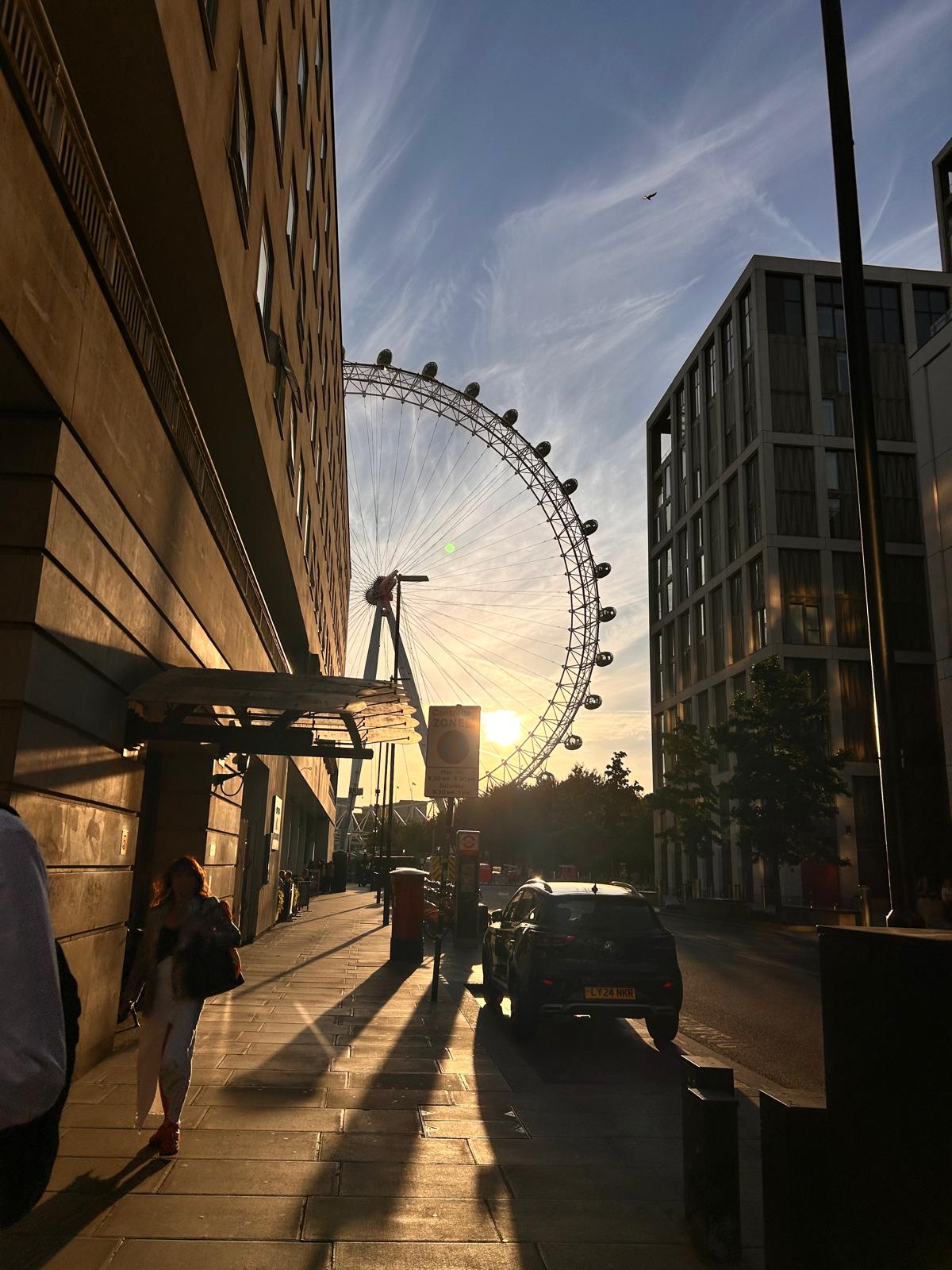
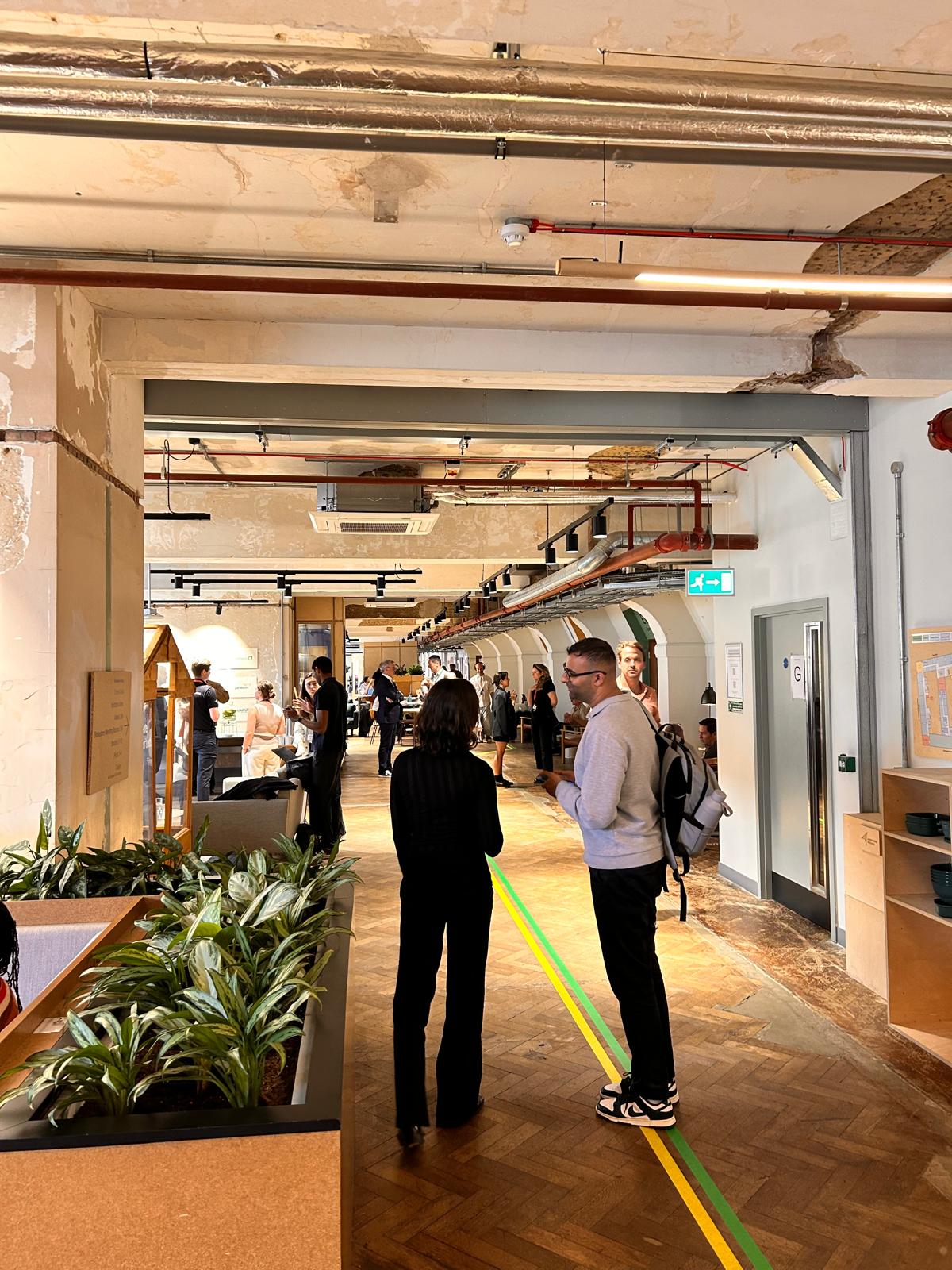
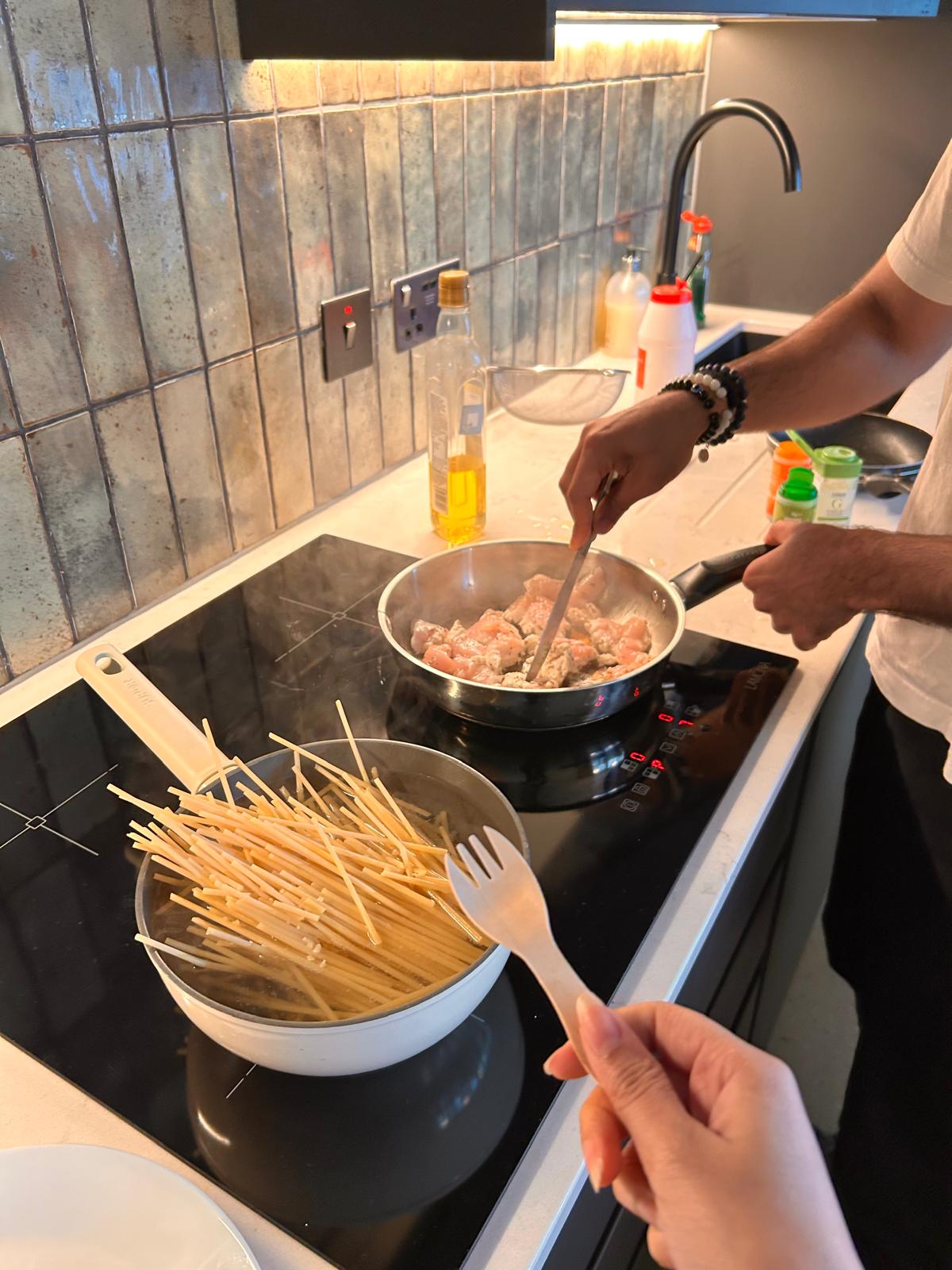
On my first day I had barely settled in when I was asked to help organize an event for London Climate Action Week. One moment I was figuring out what the firm does, the next I was managing logistics, and speaking with stakeholders. The pace was overwhelming, but it also gave me a crash course in external engagement. That pace never really slowed down; a few days later, I represented the firm at a climate convention and found myself in conversation with startup founders, investors, and even the Mayor of West Yorkshire. And by the end of my first week, I had started building relationships across teams and was ready to dive into meaningful work.
Some weeks I found myself buried in spreadsheets and code, combing through large datasets to uncover insights. Other weeks I was knee-deep in pitch decks and scientific papers, trying to make sense of startups claiming breakthrough technologies. I’ve always loved side quests, and occasionally my work took me into MBA-style strategy exercises — reading business case studies, building models to test program efficiency, and cleaning CRM data to spot cross-sell opportunities. Each experience drew me into a new corner of climate tech while also showing me how a firm really operates from the inside.
Adjusting to the workplace culture was one of the more personal challenges; felt slightly out of place and surprised how people closed off after 5 pm and before 9 am. But over time, I began joining colleagues for night outs, ping pong competitions, and even visits to private art galleries. What initially felt intimidating gradually became enjoyable, and these shared experiences helped me feel part of the team not just professionally but personally. It taught me that adapting to a new environment isn’t about fitting in immediately, but about being open, showing up, and letting those small moments of connection build into a sense of belonging.
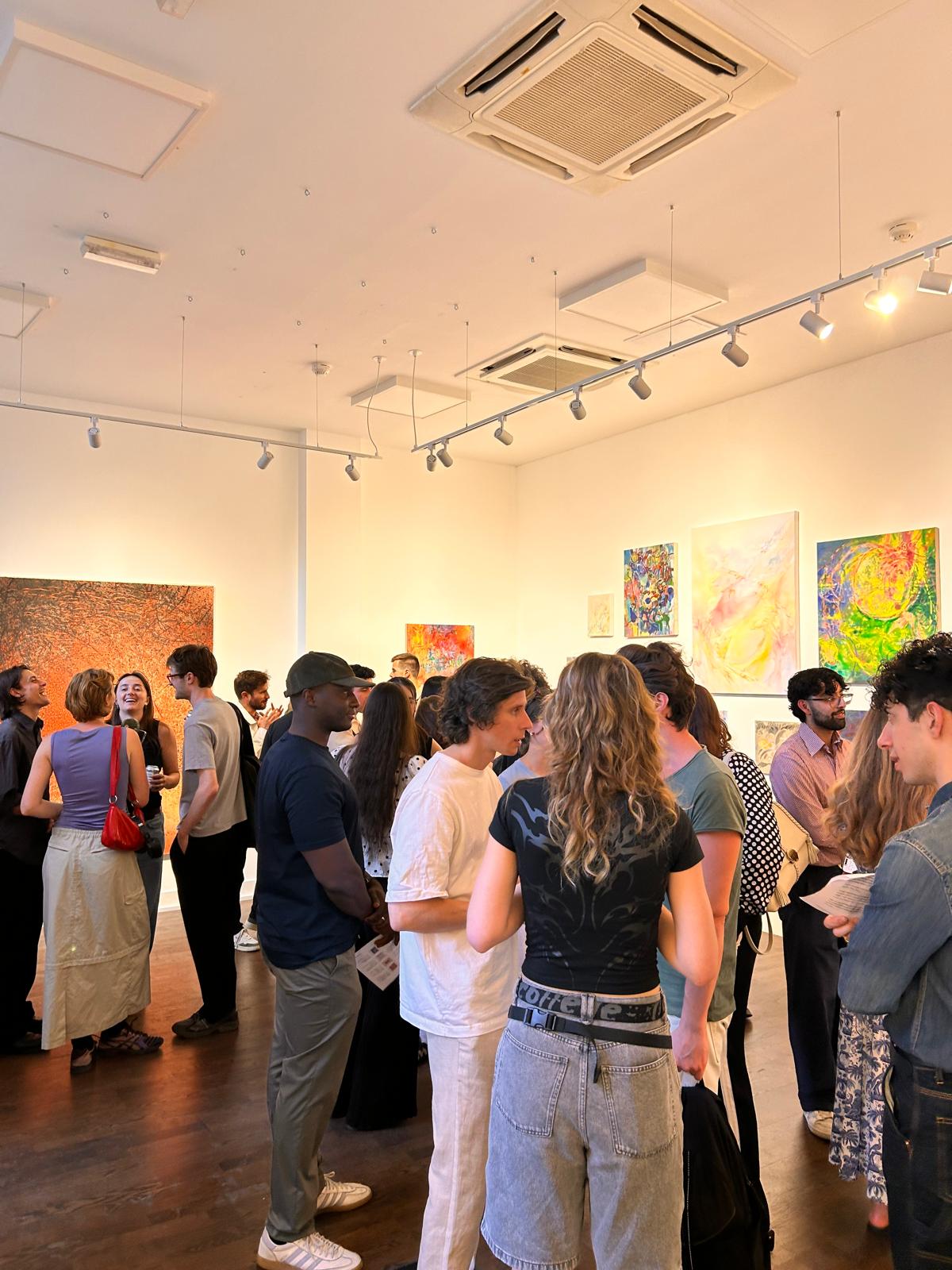
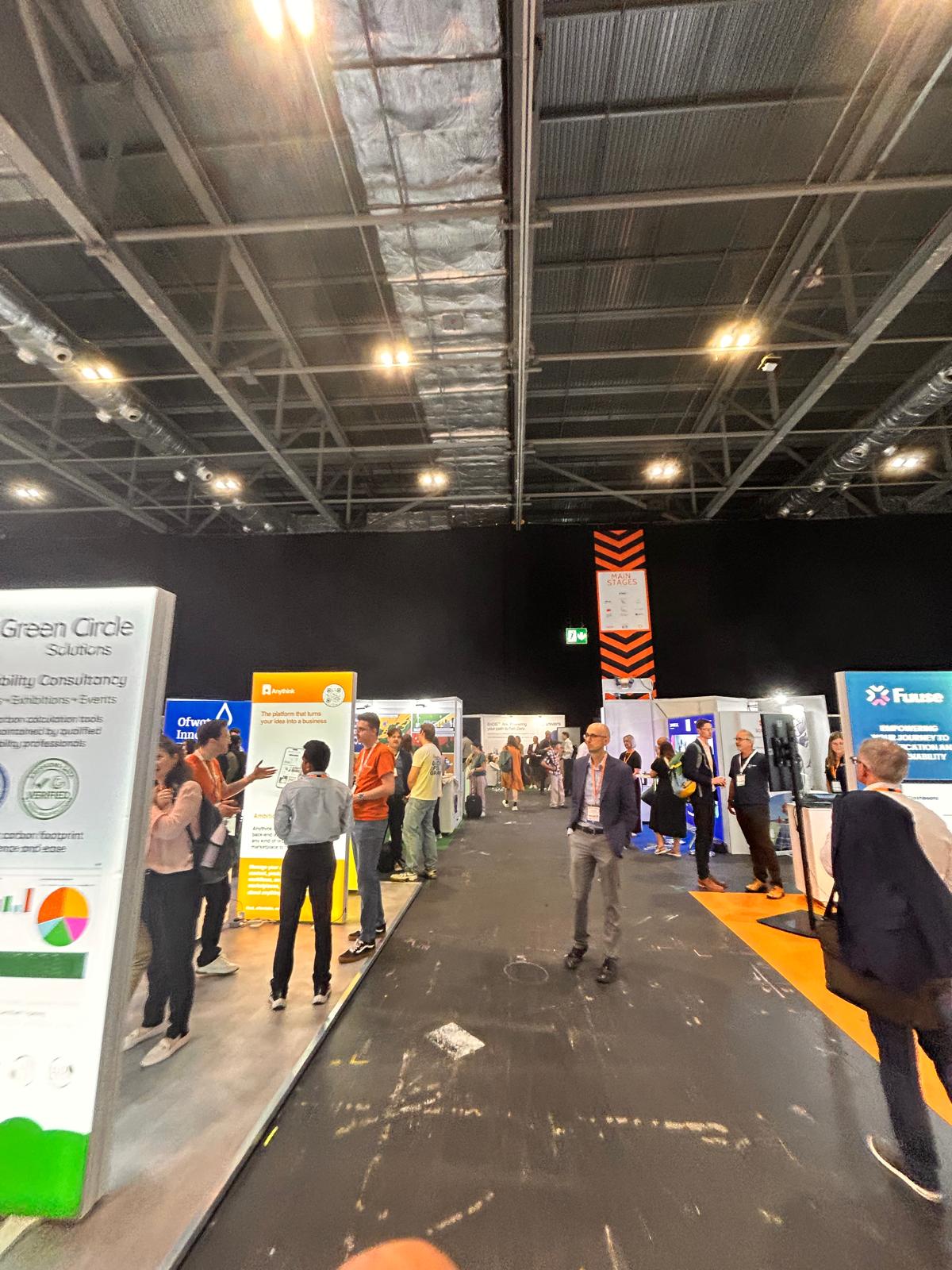
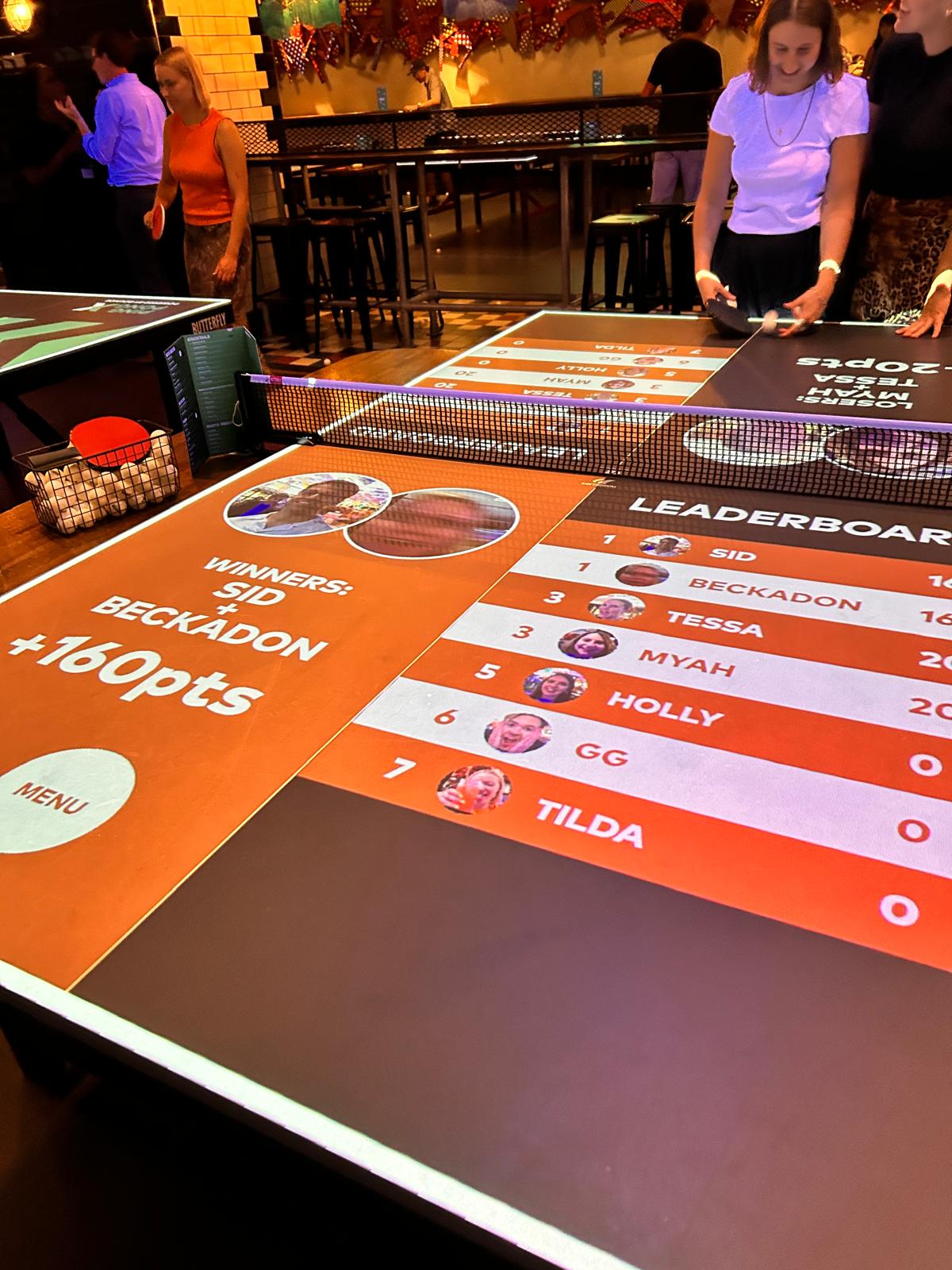
When I think about "legacy", what stands out most are the things I built — from innovation pipelines and tools to identify the most promising startup accounts, to insights that shaped an AI whitepaper and a regional expansion report. For many colleagues, this kind of structured, data-driven analysis was something they hadn’t seen at this level of rigour before. The cross-sell tool I created was adopted right away to improve sales effectiveness, while the innovation pipelines became a framework the firm could use whenever diversifying accounts. The reports, meanwhile, set a new standard for how Sustainable Ventures presents its expertise to stakeholders like the GLA, giving the firm a stronger voice in conversations about climate tech.
What surprised me was how much joy I found in the building itself. That process of creating, of moving from raw ideas and messy data to something structured, was what energized me the most. I’d call my friends and gush about the thrill of pulling insights out of 20,000+ data points - how every number felt like it had a story hidden inside. This realisation has shaped how I’m spending the rest of my summer, building ML models with researchers at a university near me (if this resonates with you, do reach out! I’m always excited to learn and work with passionate people).
Looking back, my summer was a journey across very different terrains; I learned how to manage uncertainty and adapt across contexts. Climate tech is built on both numbers and narratives. The datasets, visualisations, and memos matter — but so do the conversations with founders, the frustrations of colleagues, and the visions of policymakers. For me personally, this summer was not just about contributing to SV’s mission, but about building confidence in my own ability to connect with people, and play a part in shaping a sustainable future.
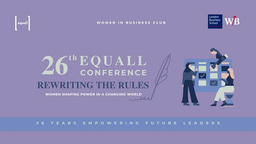


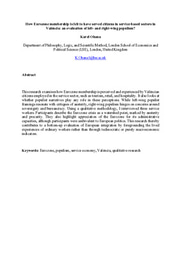
Please sign in
If you are a registered user on Laidlaw Scholars Network, please sign in